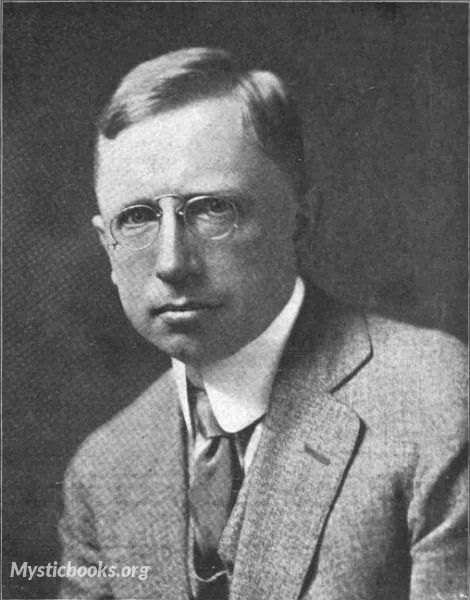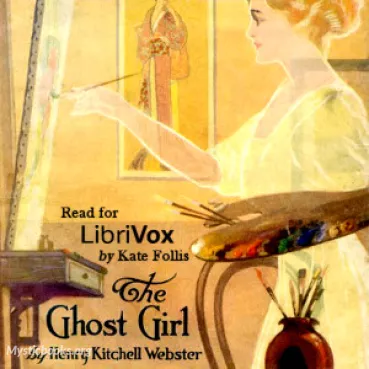
Timeline
Title
Country/Nationality
Henry Kitchell Webster
Henry Kitchell Webster (September 7, 1875 – December 8, 1932) was an American author who was one of the most popular serial writers in the country during the early twentieth century. He wrote novels and short stories on themes ranging from mystery to family drama to science fiction, and pioneered techniques for making books best sellers.
Early life and education
Webster was born in Evanston, Illinois, the son of Chicago industrialist Towner K. Webster and Emma Josephine Kitchell. He graduated from Hamilton College in 1897 and taught rhetoric at Union College the following year.
Early career
After teaching for a year, Webster decided to pursue a career in writing. He began by writing short stories for magazines, and his first novel, The Banker and the Bear, was published in 1900. The novel was a success, and Webster went on to write several more novels in the early 1900s.
Pioneering techniques for best-selling books
Webster was a pioneer in the field of best-selling fiction. He was one of the first authors to use serialization to promote his books. Serialization is the practice of publishing a novel in installments in a magazine or newspaper before it is published as a book. This allowed Webster to build anticipation for his books and to generate excitement among readers.
Webster also pioneered the use of advertising to promote his books. He was one of the first authors to hire a professional advertising agency to promote his work. This helped him to reach a wider audience and to sell more books.
Notable works
Some of Webster's most notable works include:
- The Banker and the Bear (1900): A novel about a banker who is caught up in a financial scandal.
- The Short Line War (1907): A novel about a railroad war between two rival companies.
- The Sturdy Oak (1910): A novel about a family that is forced to overcome adversity.
- The Real Adventure (1913): A novel about a young man who travels to the South Seas in search of adventure.
- A King in Khaki (1918): A novel about a young man who goes to fight in World War I.
Philosophy
Webster's philosophy of writing was based on the belief that fiction should be entertaining and educational. He wanted his books to be both enjoyable to read and thought-provoking. He also believed that fiction could be used to explore social issues and to promote positive change.
Death and legacy
Webster died in 1932 at the age of 57. He is remembered as one of the most popular and successful authors of his time. His books have been translated into dozens of languages and have sold millions of copies worldwide. He is also remembered as a pioneer of best-selling fiction and for his innovative use of serialization and advertising.
Conclusion
Henry Kitchell Webster was a talented and influential author who made a significant contribution to American literature. His books are still enjoyed by readers today, and he continues to be remembered as one of the most popular and successful authors of his time.
Books by Henry Kitchell Webster

The Ghost Girl
The frozen body of a young woman is found in the river. But she is not just any young woman. She is the spitting image of a girl who died years ago, and her family is convinced that she is a ghost. Who is this girl? And why is she back? Jeffrey, a p...

The Whispering Man
In the eerie depths of a quaint New England town, a chilling secret lies dormant, waiting to be unearthed. "The Whispering Man" by Henry Kitchell Webster beckons readers into a world where shadows hold their breath and secrets whisper through the win...

Calumet “K”
Calumet "K" follows the story of a young man navigating the complex world of Chicago's grain industry. He faces intense rivalries, labor disputes, and romantic challenges as he strives to build his career and find love amidst the bustling and ever-ch...

Short Line War
The Short Line War follows the story of Jim Weeks, a successful businessman who finds himself caught in a conflict between two competing railroad companies. The novel explores the cutthroat world of business and the power dynamics of politics, while...